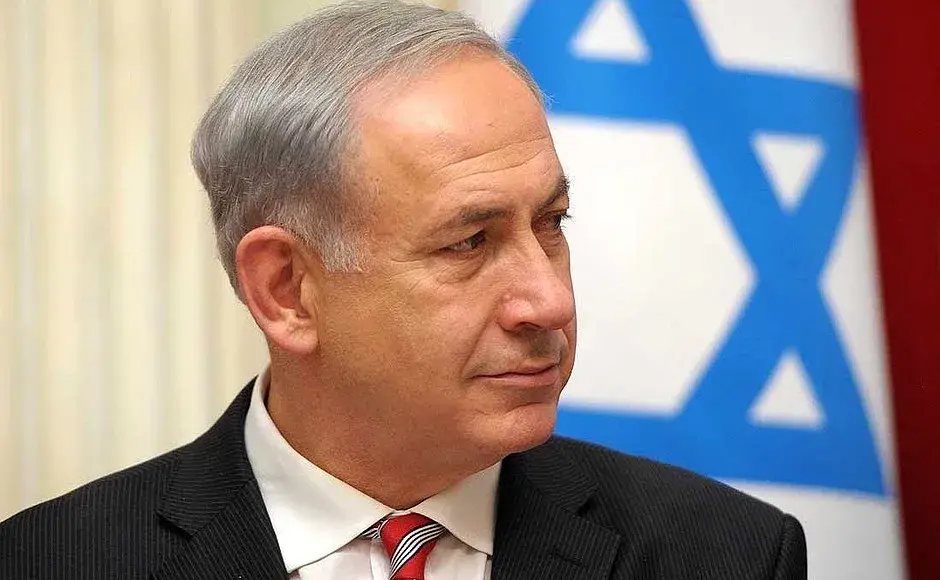President Masoud Pezeshkian argues that relocating the political and economic center to the Gulf of Oman is the only viable solution to the capital’s environmental crisis.

TEHRAN — Iran’s President Masoud Pezeshkian has proposed moving the country’s capital from Tehran to the coastal region of Makran in the southeast, citing the severe drought affecting the central part of the nation.
The president argued that the government has no alternative in the face of a phenomenon threatening the sustainability of Tehran, a city grappling with overpopulation and the depletion of water resources.
To illustrate the severity of the problem, Pezeshkian detailed that transporting each cubic meter of water from the Persian Gulf to the capital costs approximately 500,000 tomans ($11.50). Given this context, he questioned the viability of sustaining such expenses to guarantee water supply and emphasized the urgent need to design a scientific and comprehensive plan for the country’s future.
Tehran is facing increasingly strict water restrictions. According to reports from Europa Press, Energy Minister Abbas Aliabadi announced periodic cuts to urban supply in November due to critical drops in reserves at the Amir Kabir dam, the city’s main source of drinking water.
Land subsidence in certain areas of Tehran has reached up to 30 centimeters per year, further exacerbating the crisis.
The idea of relocating the Iranian capital, which is gaining momentum again, had been previously proposed by authorities earlier this year. The Makran coast, located along the Gulf of Oman, offers direct access to international waters, which officials argue would also solve logistical and economic inefficiencies related to trade.
The debate over moving the capital comes as the Pezeshkian administration faces multiple crises, including worsening relations with European governments and renewed tensions over its nuclear program. On the same day, Foreign Minister Abbas Araghchi announced that UN nuclear inspectors would be barred from visiting sites damaged in recent attacks, signaling a deepening diplomatic isolation.
However, the environmental pressure remains the primary driver for the relocation proposal. There is a growing consensus among authorities that the current location of the political and administrative hub is unsustainable, aggravating both social and environmental problems.
Keep Independent Journalism Alive
In a world flooded with noise, independent journalism is more vital than ever. We work hard to bring you clear, accurate, and unbiased international news — free from corporate or political influence.If you believe in the power of honest reporting, please consider making a donation. Every contribution, big or small, helps us stay independent and keep the world informed.
Support us via PayPalYour support makes a difference.


